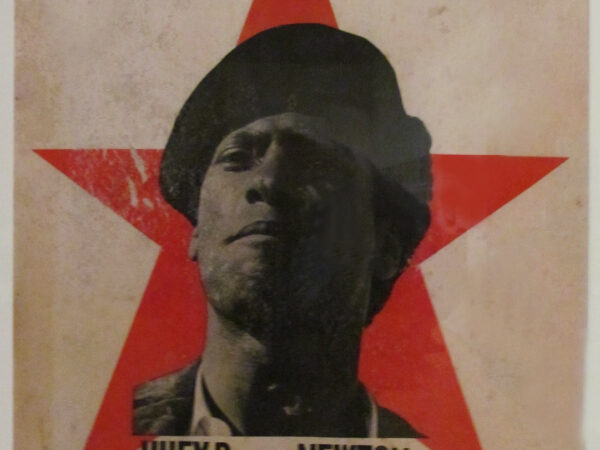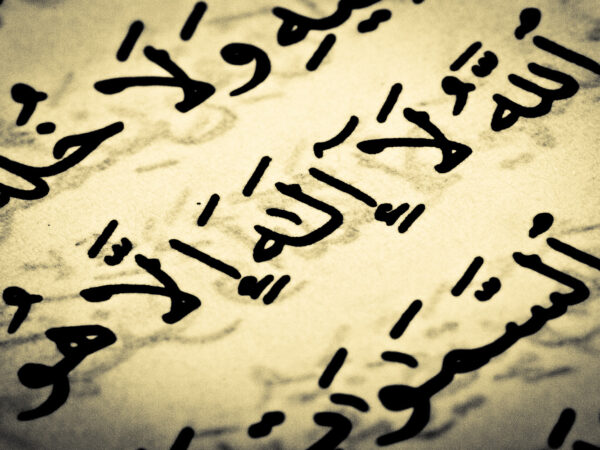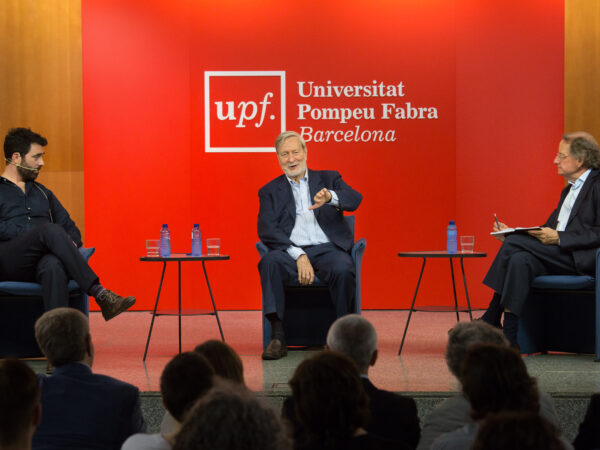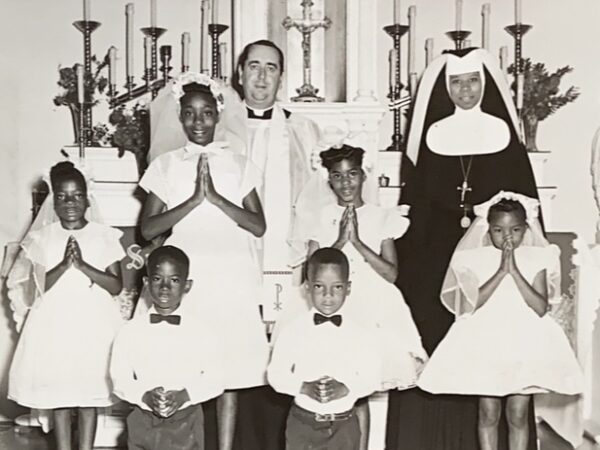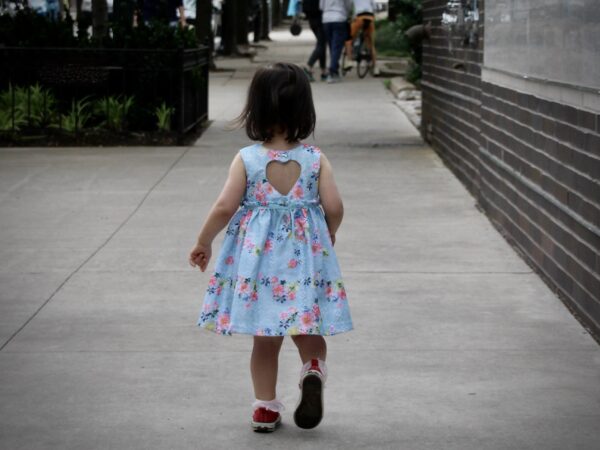
“How might my child and I leverage the love of our family and ourselves to promote decoloniality that resists anti-Indigeneity with the persistent, sometimes subtle, power of Indigenous aunties?”
By Elisha Chi

“If laws are for elders, stories are for children. And the stories that children tell are never general and abstract. They ground us in, or guide us toward, what is really important.”
By Dana Lloyd
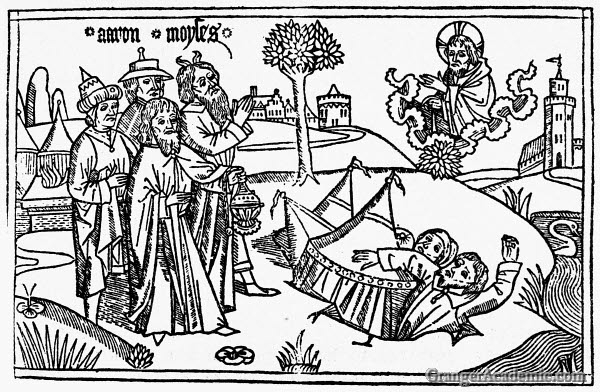
“Thinking about school education through Walter Benjamin’s concept of divine violence, we argue that schools must be defended not despite but precisely because of the violence they encompass.”
By Ori Rotlevy
& Itay Snir

